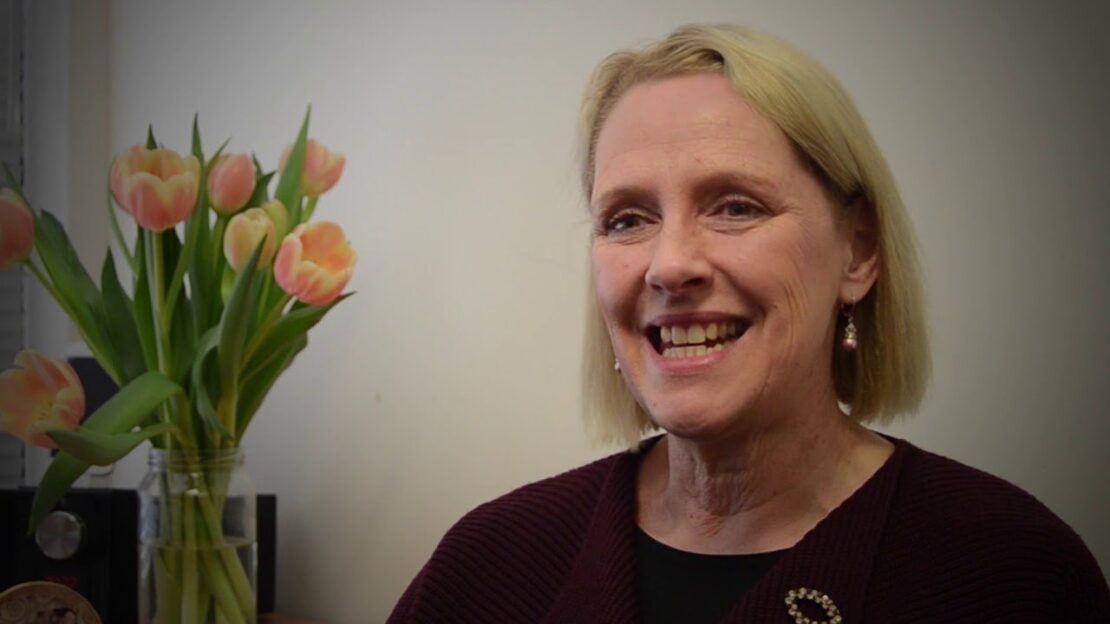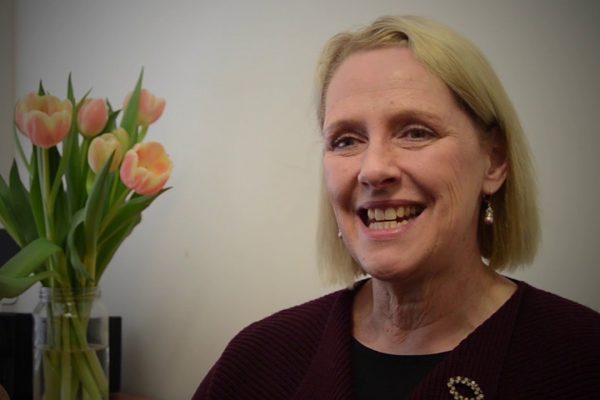For some days recently, I stopped reading the newspapers and watching the news. This is highly unusual because normally I devour the news. The reading of papers is a daily ritual and much of my conversations peppered with ‘did you read about’… This was a habit formed by my dad, I suspect, he was a daily morning paper reader along with his cornflakes, toast and tea!
The reason I turned away from my news watching and reading was because I was finding it too upsetting. There may have been relative peace in my little corner of the world, but the big world felt as though it was imploding. There was just too much distress and too many tragedies. Most particularly, I felt overwhelmed by the words and images emanating from the violence and destruction across so many warfronts. And it wasn’t just the news about the war, it was the rhetoric that was being used by the leaders. Talk of annihilation and of retribution thinly veiled with themes of righteousness – from both sides. It felt as though everyone was talking in capital letters, followed by exclamation marks.
We are amid a wicked problem where there is no clear solution and efforts to address one aspect of the problem leads to other consequences. Hamas/Gaza/Lebanon come to mind – the Hamas attack on the Israelis and the abduction of the hostages was shocking and inexcusable and the Israeli response has been shocking and inexcusable. Wicked problems are complex because there is no simple solution. They require a mindset shift by large numbers of people. We are witness to world leaders who have lost the art of dialogue. The Mediterranean leaders also shaped, I think, by the deep cultural history of losing and saving face. The cultivation of a world where black and white are the dominant colours corrals us into choosing sides. And the collateral emanating from the relentless violence of threat and counter-threat is extraordinary suffering which will also lead to generational trauma.
This background makes the Synod on Synodality even more powerful, I think. It is predicated on a completely counter-cultural notion of encounter and dialogue. This world into which Pope Francis is inviting us requires us to think deeply and to look closely at the ‘other’ in order to see our shared humanity. It is through this that we will be able to sense the spirit at work in ourselves, each other and the world.
In his first meditation for this second synod gathering ‘Resurrection: Searching in the dark’ Timothy Radcliffe notes that the:
synod will be a moment of grace if we look at each other with compassion, and see people who are like us, searching. Not representatives of parties in the Church, that horrible conservative Cardinal, that frightening Feminist! But fellow searchers, who are wounded yet joyful.
Or, imagine if we applied these sentiments to our wicked problem:
The world will be a place of peace, if we look at each other with compassion and see people who are like us, searching. Not representatives of good or bad. But fellow searchers who are wanting the best for themselves and their families, their people and for the world.
And as people of faith, we draw on the memory that the angels announced Jesus’ birth with words of ‘peace on earth’ and that Jesus first resurrection greeting brought a message of peace. This is an understanding of peace that runs as a deep thread throughout all history. In Catholic thinking we have an ingrained approach to speaking of justice and peace – it is hard to imagine one without the other. This is the message that Jesus – God with us – embodied for us through his preaching and teaching. It is a message upon which countless people have built their lives throughout the ages.
So, let us draw on our saints and angels – may they gather around and spread their grace across all the world. May the gentle whisper of peace soften the heart of the violent. May we continue to work and pray with the belief that peace can reign, that suffering will be eased and that the peoples of this sacred planet can live in relative ease. May there be justice for all who are suffering and who are experiencing deep loss.
And me, well I’m back to my paper reading and news listening because I’m a citizen of the world. And I am sure that in a very tiny, tiny, way even my little prayers for peace and for all those who are suffering works to soften the fabric of our world. And when I am wavering, I lean into these words from John O’Donohue:
For peace
As the fever of the day calms towards twilight
May all that is strained in us come to ease.
We pray for all who suffered violence today,
May an unexpected serenity surprise them.
For those who risk their lives each day for peace,
May their hearts glimpse providence at the heart of history.
That those who make riches from violence and war
Might hear in their dreams the crises of the lost.
That we might see through our fear of each other
a new vision to heal our fatal attraction to aggression.
That those who enjoy the privilege of peace
Might not forget their torment brothers and sisters
That the wolf might lie down with the lamb,
That our swords be beaten into ploughshares
And no hurt or harm be done
Anyway along the holy mountain.
From Benedictus by John O’Donohue
By Cathy Jenkins
Published: 18 October 2024




Comments
David Rush
Thanks Kathy Very thoughtful observations. We have similar difficulties with confronting news streams
Add Comment